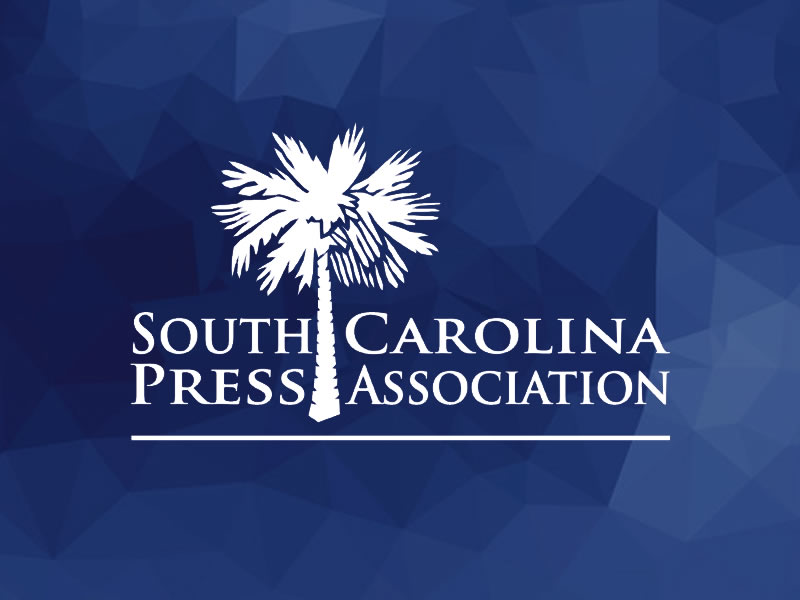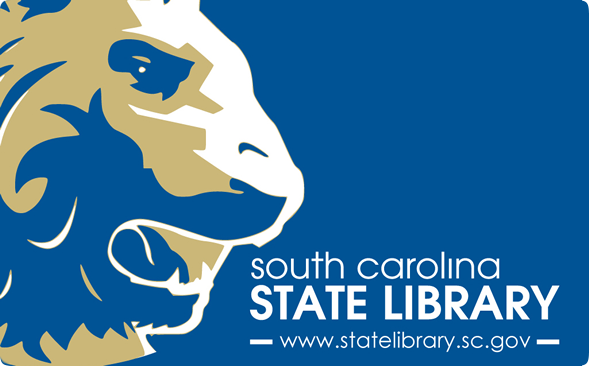 Throughout the country, most children have started a new academic year. Teachers are sending out their lists of required readings, and parents are beginning to gather books. In some cases, classics like "The Adventures of Huckleberry Finn," "The Catcher in the Rye," and "To Kill a Mockingbird," may not be included in the school's curriculum or available in the school library due to challenges made by parents or administrators.
Throughout the country, most children have started a new academic year. Teachers are sending out their lists of required readings, and parents are beginning to gather books. In some cases, classics like "The Adventures of Huckleberry Finn," "The Catcher in the Rye," and "To Kill a Mockingbird," may not be included in the school's curriculum or available in the school library due to challenges made by parents or administrators.
Since 1990, the American Library Association's (ALA) Office for Intellectual Freedom (OIF) has recorded more than 10,000 book challenges, including 460 in 2009. A challenge is a formal, written complaint requesting a book be removed from library shelves or school curriculum. About three out of four of all challenges are to material in schools or school libraries, and one in four is to material in public libraries. OIF estimates that less than one-quarter of challenges are reported and recorded.
It is thanks to the commitment of librarians, teachers, parents, and students that most challenges are unsuccessful and reading materials like "I Know Why the Caged Bird Sings," "Slaughterhouse Five," the Harry Potter series, and Phyllis Reynolds Naylor's Alice series, remain available.
The most challenged and/or restricted reading materials have been books for children. However, challenges are not simply an expression of a point of view; on the contrary, they are an attempt to remove materials from public use, thereby restricting the access of others. Even if the motivation to ban or challenge a book is well intentioned, the outcome is detrimental. Censorship denies our freedom as individuals to choose and think for ourselves. For children, decisions about what books to read should be made by the people who know them best--their parents.
In support of the right to choose books freely for ourselves, the ALA and The South Carolina State Library are sponsoring Banned Books Week September 25 -- October 2, an annual celebration of our right to access books without censorship. This year's observance commemorates the most basic freedom in a democratic society--the freedom to read freely--and encourages us not to take this freedom for granted.
Since its inception in 1982, Banned Books Week has reminded us that while not every book is intended for every reader, each of us has the right to decide for ourselves what to read, listen to, or view. Many libraries will celebrate the freedom to read by participating in special events, exhibits, and read-outs that showcase books that have been banned or threatened.
The American Booksellers Association, the American Booksellers Foundation for Free Expression; the ALA; the American Society of Journalists and Authors; the Association of American Publishers; and the National Association of College Stores sponsor Banned Books Week. The Library of Congress Center for the Book endorses the observance.
American libraries are the cornerstones of our democracy. Libraries are for everyone, everywhere. Because libraries provide free access to a world of information, they bring opportunity to all people. Now, more than ever, celebrate the freedom to read @ your library! Read an old favorite or a new banned book during Banned Books Week.


